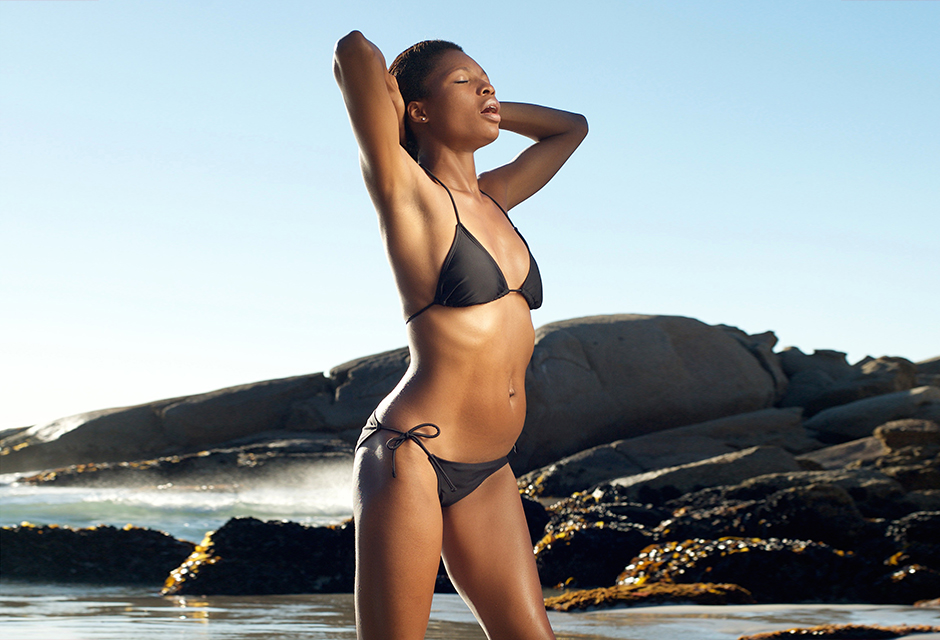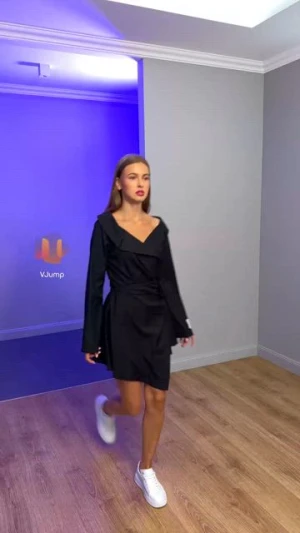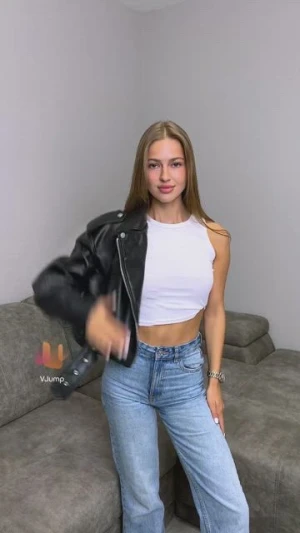Color correction vs. color grading: What's the difference?

- What it means to color correct and color grade
- Color correcting unifies your footage
- Create your video color workflow
- The color correction process
- The color grading process
- Tips for working with color
When someone takes photographs, they often expect the image to accurately reflect what they saw with their own eyes or on the camera screen during the shoot. However, this isn't always the case. Even with the most professional cameras, it can be challenging to capture colors exactly as they appear to our eyes, which are capable of perceiving a much richer spectrum. This is where techniques like video editing color grading, and color correction come into play. While these techniques are related to manipulating colors, they serve different purposes and are employed using specialized applications and software.
What it means to color correct and color grade.
Typically, people who have never worked with color simply cannot understand what concepts such as color grading or its simplified version, color correction, mean. To put it simply, color correction involves basic color adjustments, like increasing contrast in areas where colors appear dull due to insufficient lighting during shooting. On the other hand, color grading is more about enhancing the overall style or creative vision of a project. Predetermined color schemes are often selected to create visual effects and evoke a specific mood or atmosphere in photos. While color correction is relatively easy to learn, color grading is a more complex and time-consuming process. However, through constant experimentation, one can quickly become proficient in working with color palettes and achieve high-quality results in post-processing.
Color correcting unifies your footage.
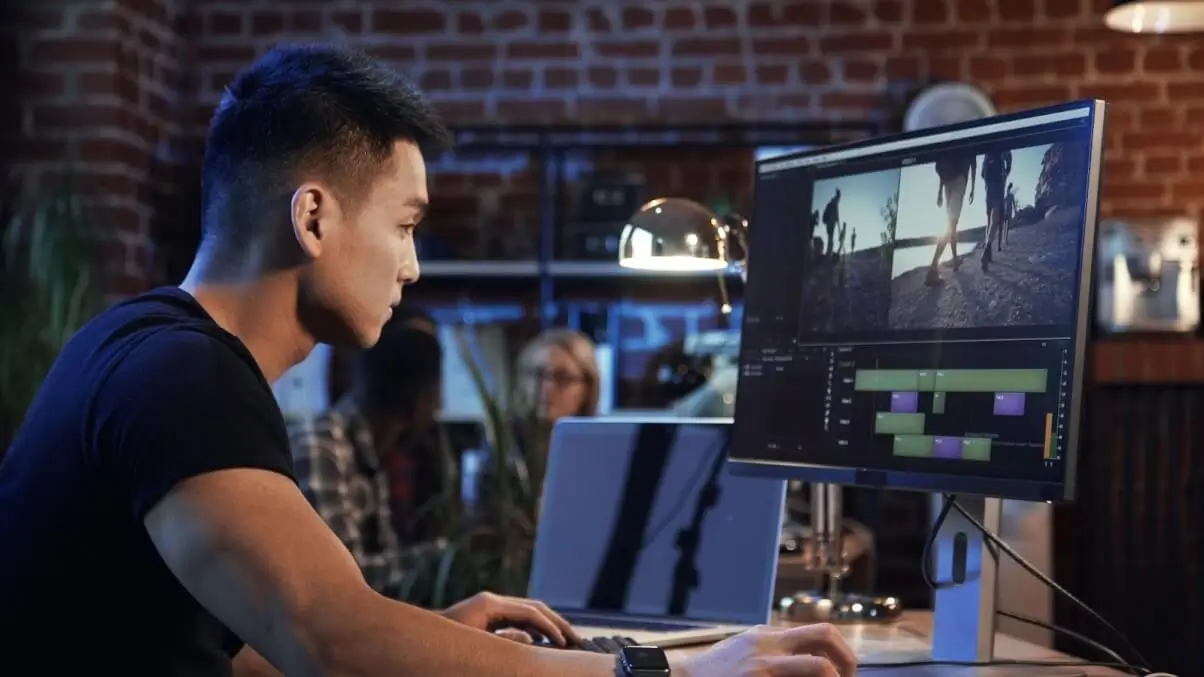
To create the best colorful video, understanding how to manipulate color in video editing is crucial because color is central to this process. When working with video, start by identifying which colors appear in your frames and which ones stand out the most. Through color correction, you can adjust these colors to ensure consistency and eliminate unwanted flickering or abrupt color changes. The goal is to create a visually pleasing experience for viewers, the more appealing the colors and overall image, the greater the audience's interest in your work.
Today, there are many programs available that can assist in mastering color correction or color grading, often at no cost, which is advantageous. Therefore, before you begin filming content, it's beneficial to learn how to perform effective color correction during video editing to significantly enhance the quality of your videos.
Create your video color workflow.
Vibrant and appealing colors in your video will attract more viewers because colors significantly influence how people perceive videos. If the colors are dull and uninviting, the viewer's reaction may be lackluster. However, improving the visual quality and achieving ideal colors can transform how viewers engage with your content.
When editing your video, analyze how colors change throughout different parts and observe the overall rhythm of the video. Pair your video with high-quality music, the combination of captivating visuals and music will captivate viewers.
Additionally, familiarize yourself with the color wheel, which is instrumental in understanding color palettes and color combinations. It helps you identify which colors to enhance and which ones to tone down to achieve a harmonious visual balance.
The color correction process.
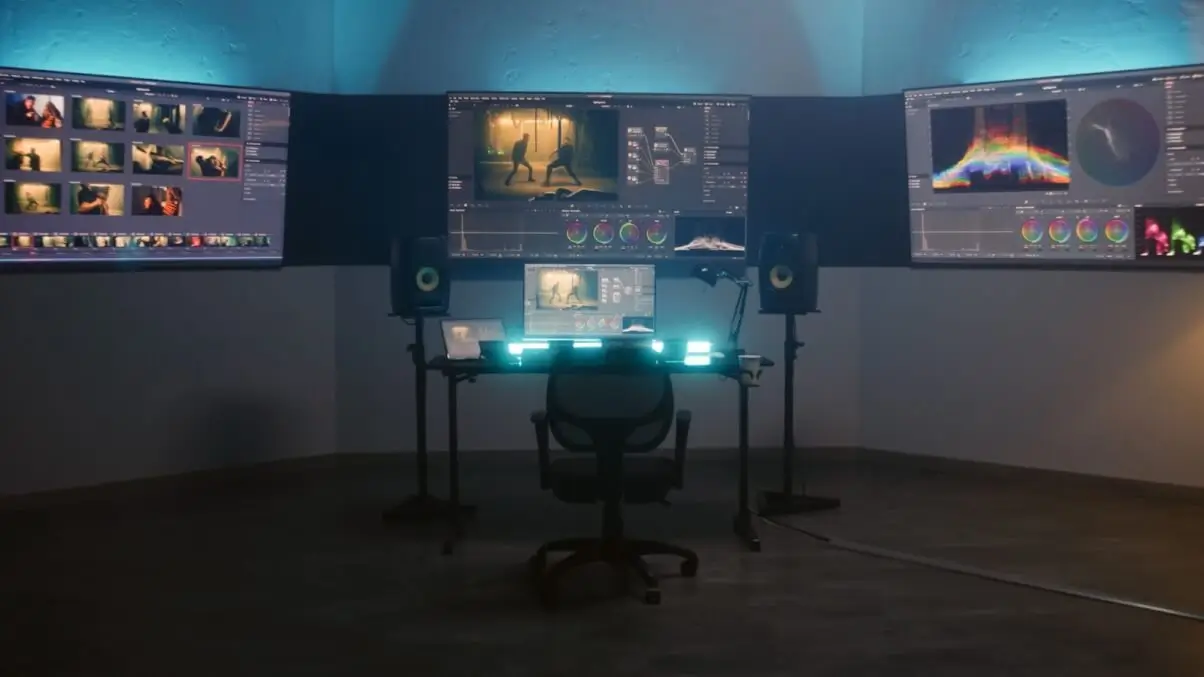
It's been possible to perform color correction right on an iPhone, which comes equipped with all the necessary functions for this task. Simply navigate to the gallery on your phone or use a specialized application on your PC to access the color correction section. There, you'll find numerous functions that can enhance the appearance of your photos or videos.
In today's era, learning how to adjust colors in videos doesn't require attending a university to become a designer. You can achieve this by simply opening your phone and accessing the appropriate section where you can adjust contrast, add shadows, or make other improvements. However, it's important not to excessively adjust the sliders, as this can sometimes worsen the visual quality. The key is to find the right balance and avoid excessive alterations.
The color grading process.
To begin color grading, start by selecting a color palette that suits your video or photo project. The chosen colors will define the overall style and mood. For instance, a noir style typically uses only black and white, which represents a form of color grading.
Once you've settled on your colors, ensure that unwanted colors are removed from your photo or video. Focus on enhancing the contrast to make certain areas more visually striking and to add depth to your visuals. Pay attention to shadows, which can range from very dark to light, and verify the color representation on various devices to confirm the accuracy of your adjustments. This process ensures your colors appear as intended across different viewing platforms.
Tips for working with color.

You can highlight a few key tips with color that will help you understand how to change color in video and grasp the magic of colors in our modern world. The first piece of advice would be to leverage AI to implement your color ideas. Smart machines have surpassed humans in certain aspects of color manipulation. Therefore, if you're uncertain about which colors to use, consider using AI for color correction to achieve impressive results quickly.
The second piece of advice is constant experimentation and continuous practice. Merely occasional photo editing won't lead to significant improvement. To excel in color correction and grading, engage in regular practice by editing pictures and videos daily. This consistent effort and exploration will enhance your skills and understanding of color manipulation over time.

Author
Editor with 15 years of experience and enthusiasm about the digital video industry. Managed video editing processes for projects with billions of views and created flagship video products from idea to successful launch. He reads over 40 books a year and travels extensively.










